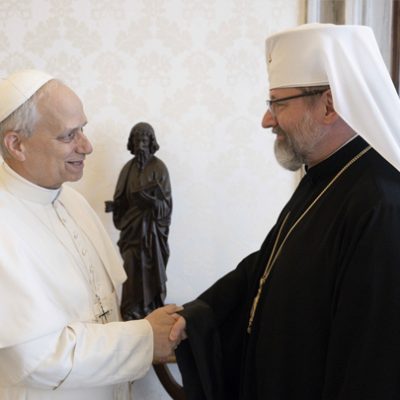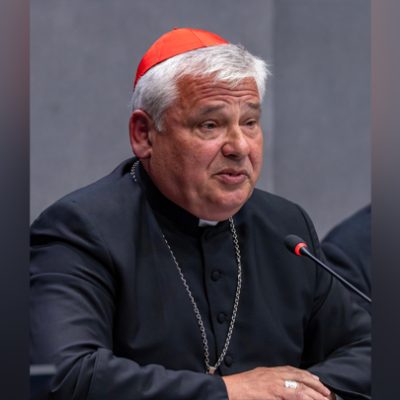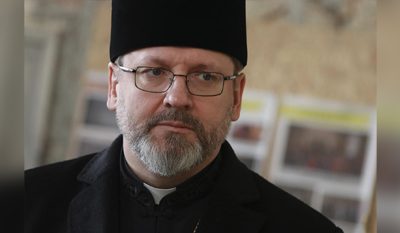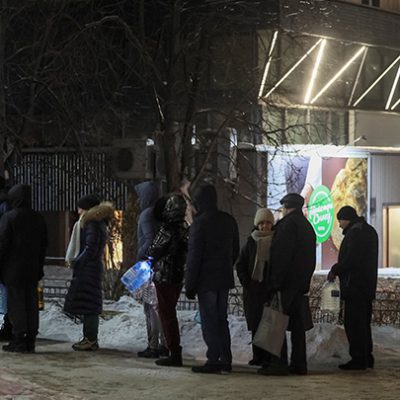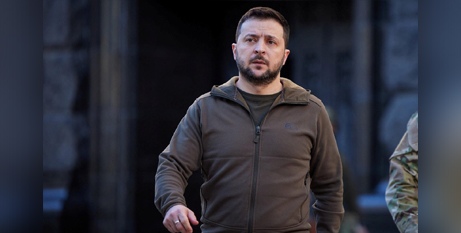
Ukraine’s parliament had adopted a law restricting religious organisations affiliated or connected with Russia. Source: The Tablet.
The Verkhovna Rada voted on Draft Law 8371 on Tuesday, passing it with a majority of 265 in favour and 29 against, bringing it to President Volodymyr Zelenskiy for approval.
The Ukrainian Orthodox Church (UOC), still canonically tied to the Russian Orthodox Church, was expected be the organisation most affected by the legislation.
Authorities in Kyiv have accused the Church, headed by 79-year-old Metropolitan Onufry, of being an extension of the Russian Orthodox Church. State officials have been working to reduce Moscow’s influence in Ukrainian society since Russia illegally annexed Crimea in 2014 and its proxy forces seized parts of the Donetsk and Luhansk regions.
Under the new legislation, religious organisations ruled by courts to have links with links Moscow would face a ban if they cannot sever them within nine months since the entry into force of the legislation.
A state body and religious experts will conduct the assessments upon which courts will rule on termination of activities.
President Volodymyr Zelenskiy announced the legislation last week when he called for its adoption on national security grounds, to strengthen Ukraine’s “spiritual independence”.
His chief of staff, Andriy Yermak, responded to the vote in a social media post: “There will be no Moscow Church in Ukraine.”
On August 16, the All-Ukrainian Council of Churches and Religious Organisations, representing different religious confessions across Ukraine, endorsed the draft legislation.
The UOC protested against the legislation, which it said was “persecution” designed to ban its operations. It adopted changes in its statutes soon after the Russian invasion in 2022, declaring independence from Moscow.
However, authorities in Kyiv accused its hierarchy of maintaining links to Moscow and supporting the invasion. More than 100 criminal proceedings have been launched against UOC clergy since the invasion, largely on national security charges.
FULL STORY
Ukraine approves ban on Russian-linked Churches (By Andreja Bogdanovski, The Tablet)



